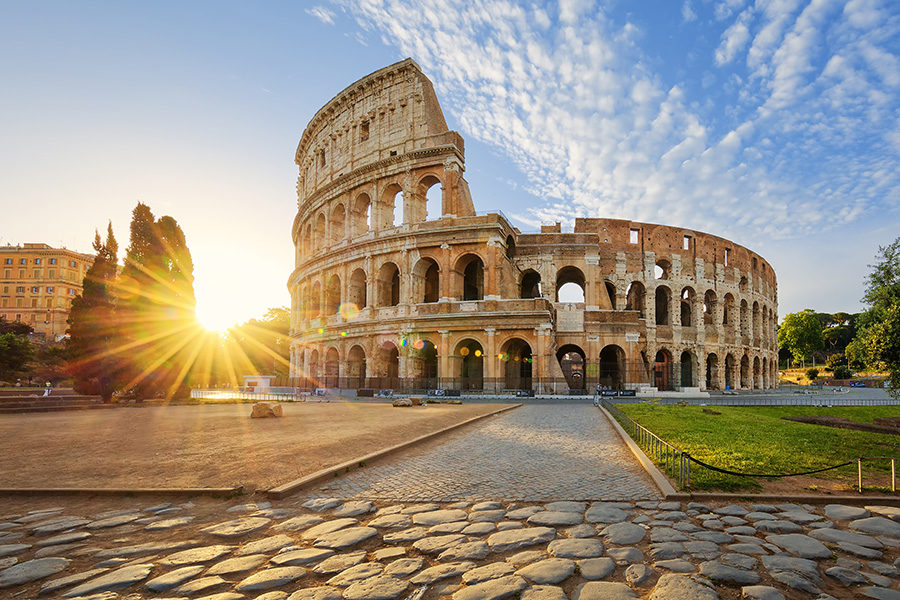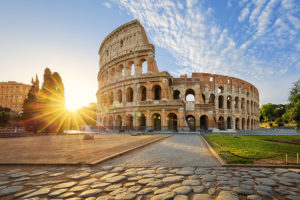Italian regulator shuts esports gaming halls

A company than runs traditional arcades claimed the esports gaming halls were breaking the law.
Italy.- Esports gaming halls in Italy are outraged after the ADM, the customs and monopolies agency which regulates gaming, shut three esports gaming halls. The agency shut the venues in the North of the country after a complaint from the CEO of company that runs traditional gaming halls.
The ADM said the venues had “no form of authorisation, licence and concession” but they say they’re part of a “local area network” offering “gaming with home entertainment devices with no cash prizes“.
The ADM admitted that the venues had complied with tax and premises rules and checked for underage customers.
The complaint that triggered the enforcement action had been lodged by Sergio Milesi, chief executive of Italian amusement arcade operator LED SRL. He sees esports halls as direct “unregulated and untaxed competition” to his company’s arcade venues, which he said had to meet “numerous regulatory controls”.
He claimed that esports venues breached Italy’s commercial laws on adult entertainment venues by, among other things, running “fixed subscription entry” for play – something that he said gave them an unfair advantage over traditional gaming halls.
He said esports venues should not be allowed to operate until the ADM defines a clear legislative framework for how they should comply with existing laws.
The venues affected claim that Milesi’s complaint is purely in self-interest, seeking to shut down competition to LED SRL’s traditional arcades while the company works on developing its own esports offering.
They have called on the ADM to clarify its interpretation of relevant legislation and the laws it expects esports gaming halls to adhere to.
Giulio Coraggio, head of Intellectual property and tech at the law firm DLA Piper said: “The hope is that both Parliament and the regulator will understand the interpretative error and promptly take a position on the rules applicable to esports, clearly excluding those that regulate amusement machines without a cash prize.
“Any other decision would risk damaging a market that is growing rapidly, generating new jobs, new businesses and contributing to the growth of our country’s economy.”
In February, Italy’s Ministry of Economy and Finance drafted a preliminary reorganisation plan to revamp market safeguards in Italy’s betting market. It came as operators continued to wait for a definitive answer from the Customs and Monopolies Agency (ADM) on licence expirations.
The plan mentions reducing stake and win limits, but does not go into detail on the amounts or what verticals they would apply to. It also wants to impose a central player registry with which all problem-gambling self-exclusion schemes and licensed operators must integrate.
Meanwhile, Italy’s undersecretary for sports Valentina Vezzali is currently seeking to convince the country’s fiscal ministries of her proposal for a permanent 1 per cent tax on sport betting revenue.
See also: Italian prosecutors may try up to 71 people over illegal online gambling operation









